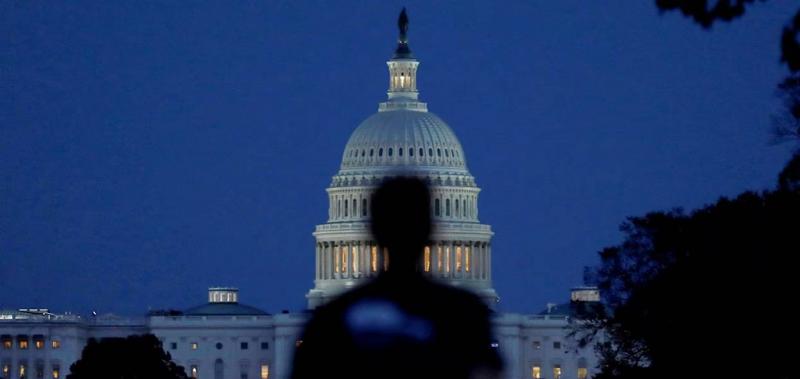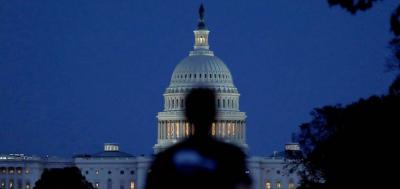Although Jimmy Carter, the former U.S. president, is the man who changed the course of Iranian history by bringing Ayatollah Khomeini from exile to power in Tehran, his fortune was akin to that of Sanamaar, who was rewarded by the sultan with being thrown from the top of the tower. The Iranian regime held U.S. embassy staff hostage for over a year. Carter lost the election, and to further humiliate him, Tehran released them the morning after Ronald Reagan assumed the presidency. Similarly, Barack Obama, who signed a deal perceived by Tehran as a victory and angered Gulf allies and Israel, allowed Tehran to enrich uranium and ended economic sanctions without requiring commitments to stop its militias. In the final days of his presidency, American sailors were humiliated as the Revolutionary Guard captured their ship from the Gulf waters and broadcast images of them surrendering onboard.
Joe Biden, like Carter and Obama, has seen the Iranian government become the wealthiest in the history of the Iranian republic during his tenure. He has nearly paralyzed the imposition of economic sanctions and "encouraged" Iran to sell the largest quantities of oil in its history since the fall of the Shah, after it had been a minor oil seller under seven previous American presidents. Instead of reciprocating and reconciling with the Biden administration, it has intensified its military activities hostile to the Americans in every troubled area of the region.
Of course, this part of the strange relationship cannot be understood without comprehending the entire story of the dispute between Washington and Tehran, which has lasted for 45 years. Most of it revolves around western Iran, in the Arab region, and it has gradually expanded over time. Washington does not want a direct war because it is costly and may not win; the downfall of Saddam's regime occurred in just two weeks, but the management of Iraq lasted a decade and failed. The Tehran regime is not as singular as Iraq, and the mission afterward is fraught with risks. Despite its bravado, Tehran fears war, or even limited confrontations with America, as these could weaken, if not destroy, the regime.
Undoubtedly, the conflicts have exhausted both sides, devastated the region, and there are no clear and announced goals, at least from the Iranian side, other than hegemony and influence that can be achieved through economic and diplomatic leverage, not solely military means. Moreover, conflict with a superpower like the United States may succeed in reducing its presence in parts of the region, but it will remain regionally present and a dominant global power.
Iran's proxy wars aim to expand its regional influence and tighten the grip on its regional adversaries. The Gaza War has highlighted the dangers of expansion, threatening international shipping routes, which forced a country like India to send a naval force and participate for the first time, like major powers, in protecting its trade, declaring itself a power in the Arabian Sea. These repercussions—the heightened military conflict with the United States, geographical expansion, targeting new countries like Jordan, and striking Egypt's economy by blocking the Suez Canal—will lead to further tension and potentially chaos, which will not benefit the region or Iran.
Could this lead the Biden administration, which does not want military confrontations, to seek solutions to achieve a temporary peace, possibly for another decade or two? The 2006 war between Hezbollah and Israel practically halted confrontations until today, except for limited operations. The Gaza War could end with "Hamas" being pushed southward, just as "Hezbollah" was pushed beyond the Litani River before, perhaps granting the Palestinian Authority leadership in the new phase in all occupied Palestinian territories. The solution may be limited and serve as a cover for an American withdrawal from the crisis, making it easier for Biden to portray the outcome as not a defeat resulting from a lax Iranian policy.




